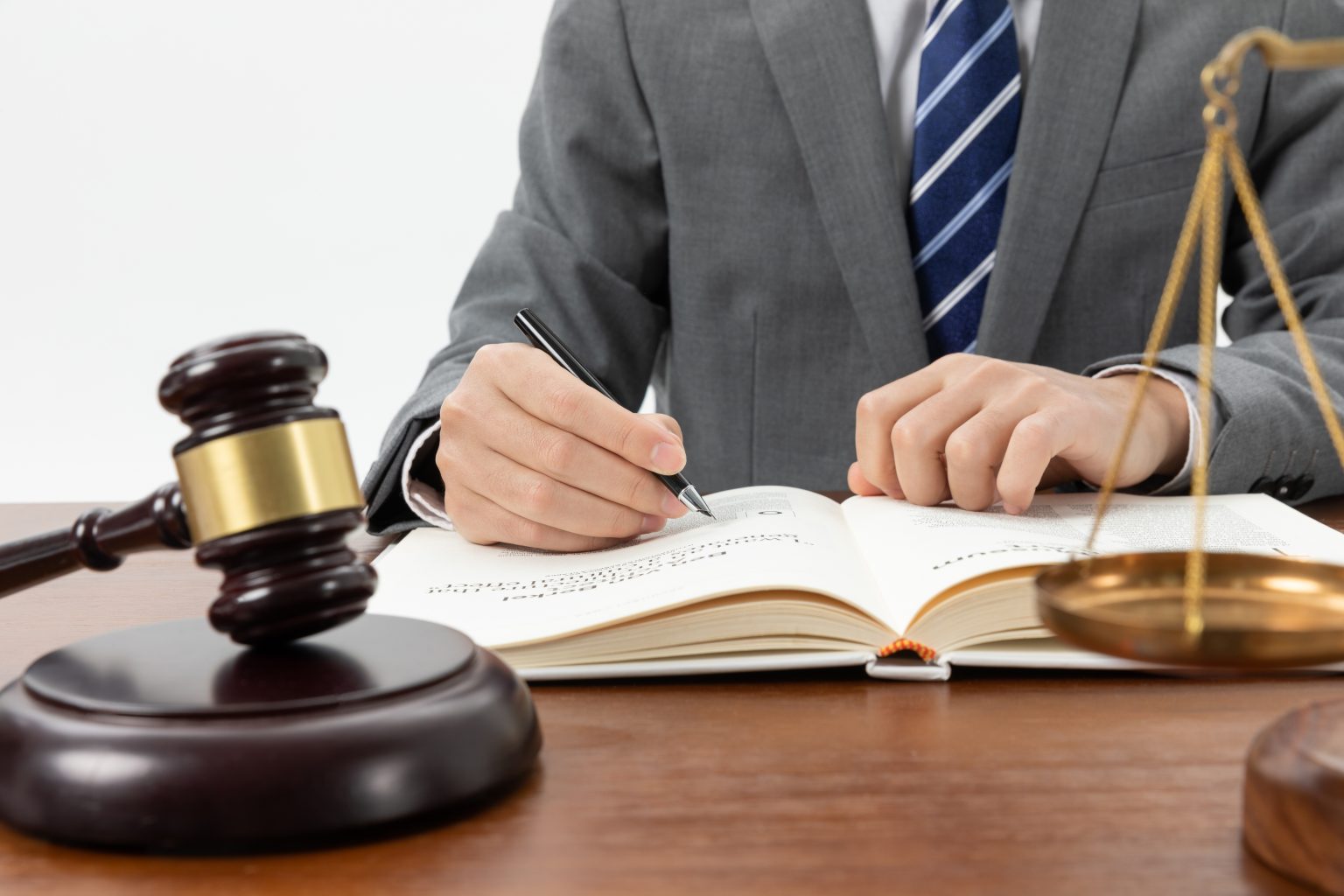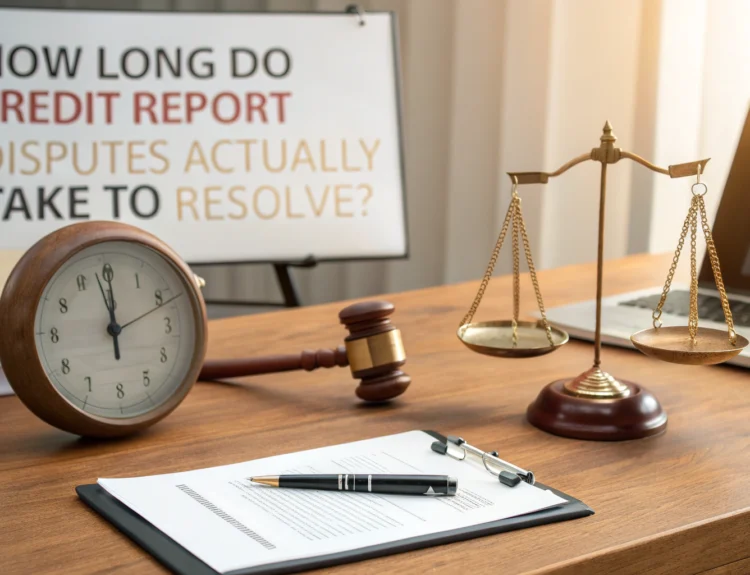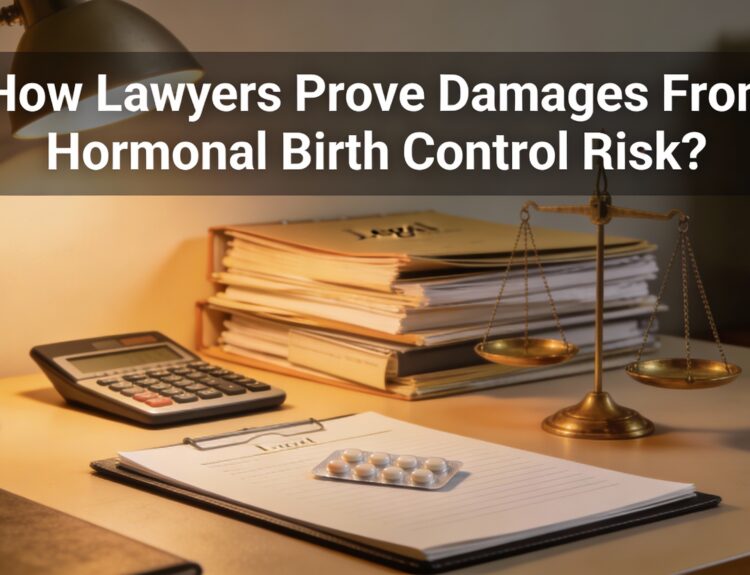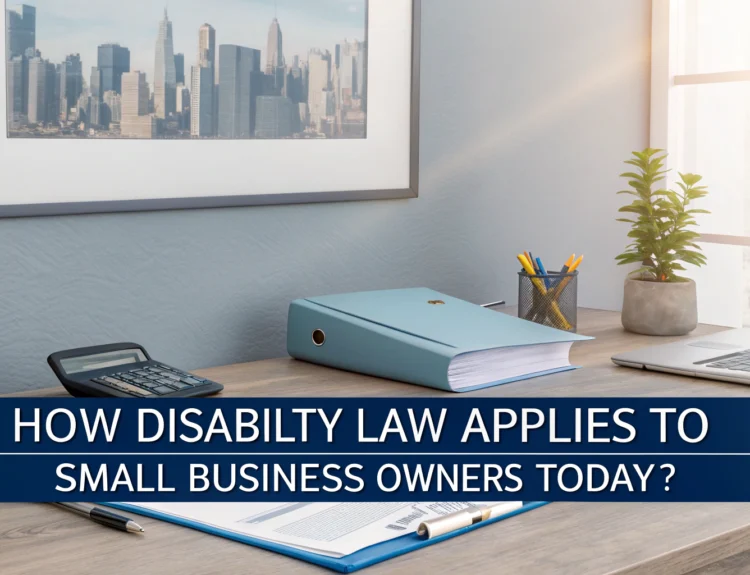After an accident, it’s natural to think you can navigate the situation yourself — particularly if the other party’s fault is clear. But when it comes to personal injury claims, handling them on your own often leads to disastrous outcomes.
Insurance companies are not your friends, and the legal system can be more complex than it seems. Failing to hire a personal injury attorney can result in not getting the compensation you deserve or even losing the opportunity to be compensated at all.
Here’s what might happen if you decide to go it alone:
- Unfair Compensation
One of the most immediate consequences of not hiring a lawyer is settling for less than your claim is worth. Company representatives often offer far too little when they know people have no lawyers and are unlikely to understand the value of their situations.
Brentwood, TN, is a city that sees a lot of accidents. In such places, having knowledgeable legal support is critical.
A skilled Brentwood personal injury lawyer can determine the fair worth of your claim and fight for full compensation.
With the right legal guidance, you’re far less likely to be taken advantage of during the claims process.
- Missed Deadlines and Procedures
Personal injury claims are subject to strict legal deadlines and procedural requirements. Failure to file or omission to supply the necessary documentation you need to prove your case will lead to the dismissal of your entire claim. For instance, most states have a statute of limitations that requires you to file your case within a certain period.
These are easy mistakes to make when you don’t have a lawyer. Attorneys are familiar with the court system and ensure that all documents are filed properly and on time so your case stays on course and your rights are preserved.
- Difficulty Proving Liability
Determining fault in an accident isn’t always as straightforward as it might seem.
Your claim will need to be supported by evidence, witness statements, and maybe even expert witnesses. You will need an attorney to collect and present this information effectively.
Without legal representation, making a strong case can be difficult, particularly if the other side denies liability or disputes the facts. All of this can make for a much tougher road to winning your case, if not to getting a fair offer to settle it for.
- Increased Stress and Uncertainty
Handling a personal injury claim can be overwhelming and stressful, particularly when you’re also trying to physically and emotionally recover.
You’re forced to navigate the complexity of a legal system without a lawyer, which can compound the confusion and stress of an already daunting situation. The benefits of having legal representation are that you have someone working for you, and the insurance company cannot take advantage of you, especially in your time of need, while you are hurt.
Wrapping Up
Deciding that you don’t need a personal injury attorney may appear as a shortcut in terms of time and costs, but it can result in reduced compensation, missed deadlines, and extra stress.
An experienced attorney brings expertise, strategy, and support to your case, mitigating costly errors and giving you the best leverage for a total recovery. So, when your future well-being is on the line, having the right legal help can make all the difference.




